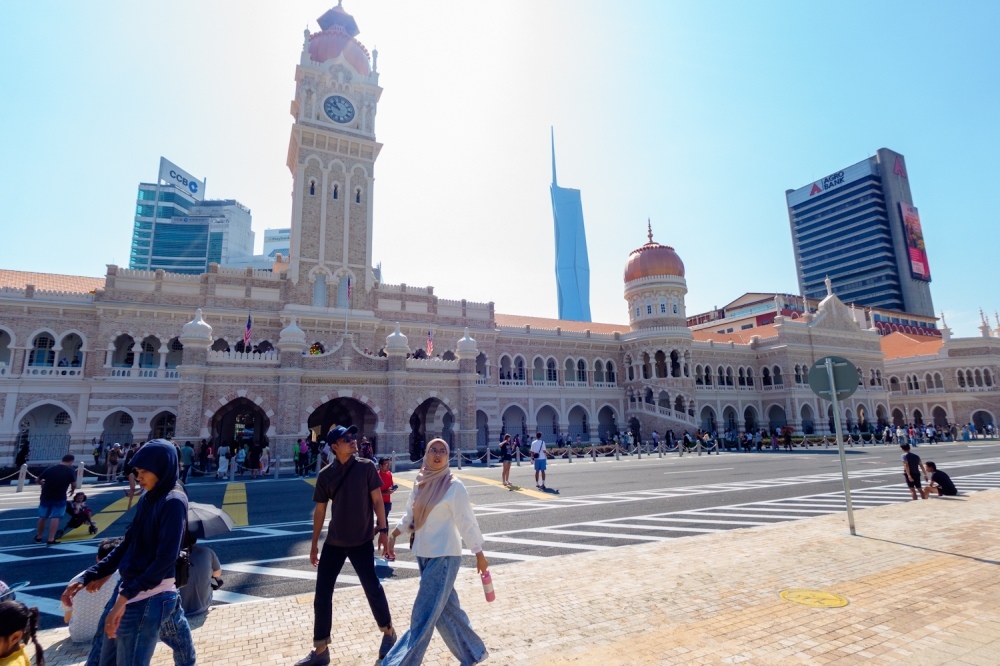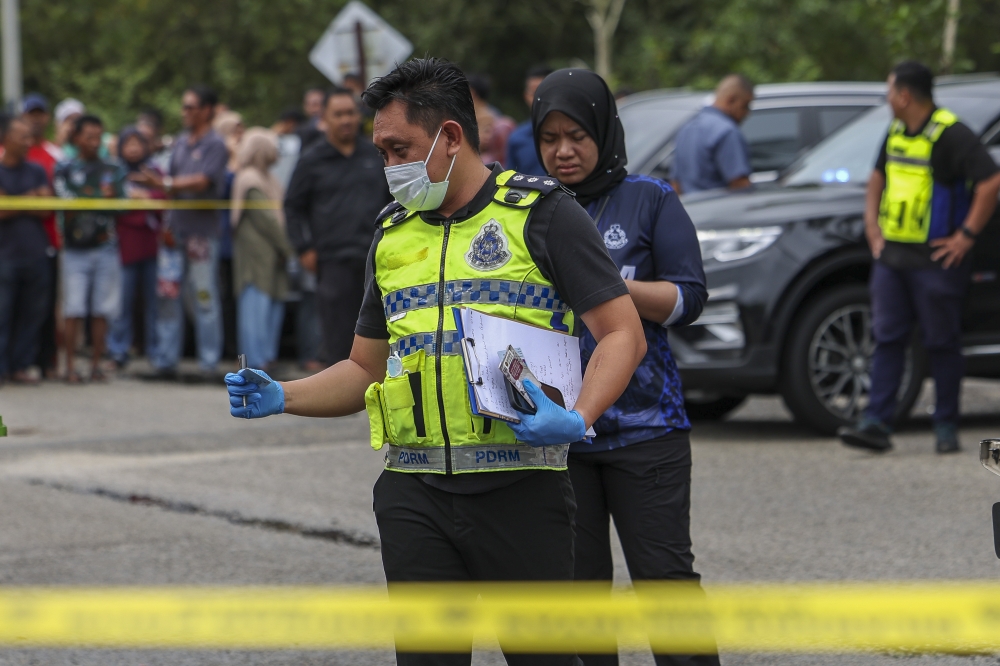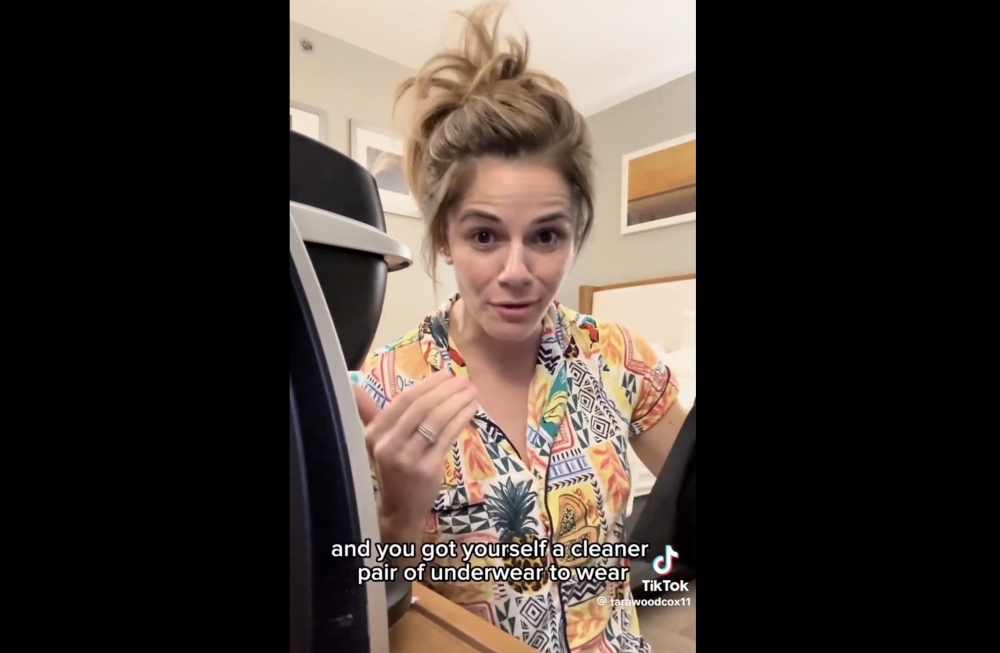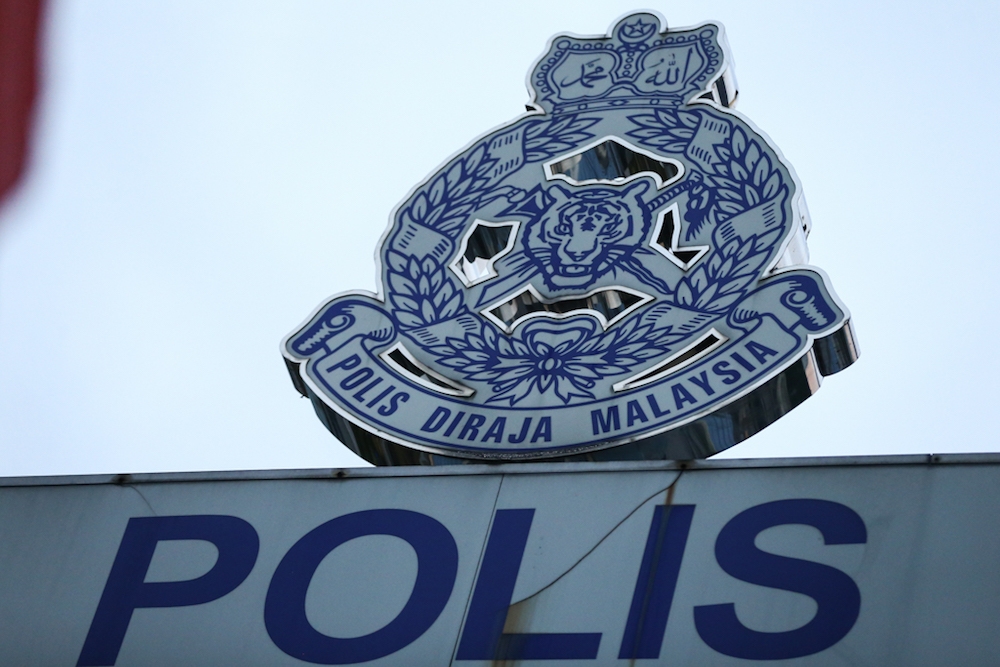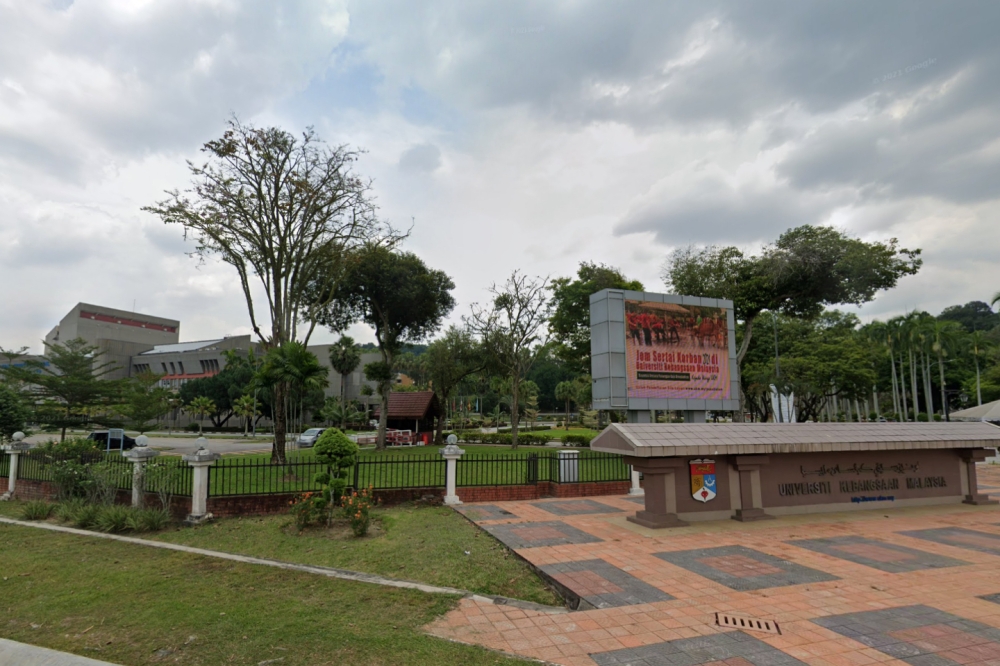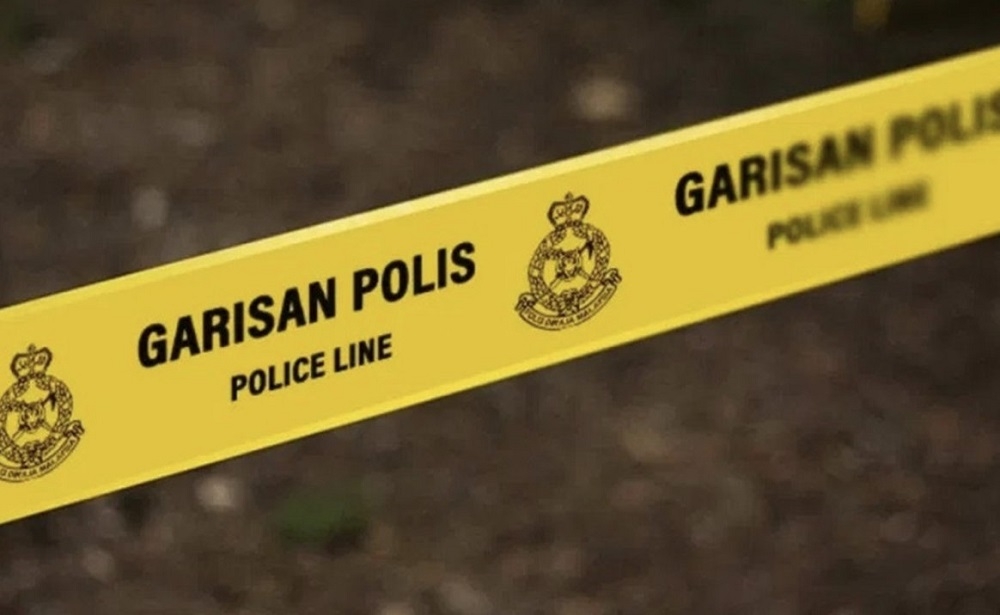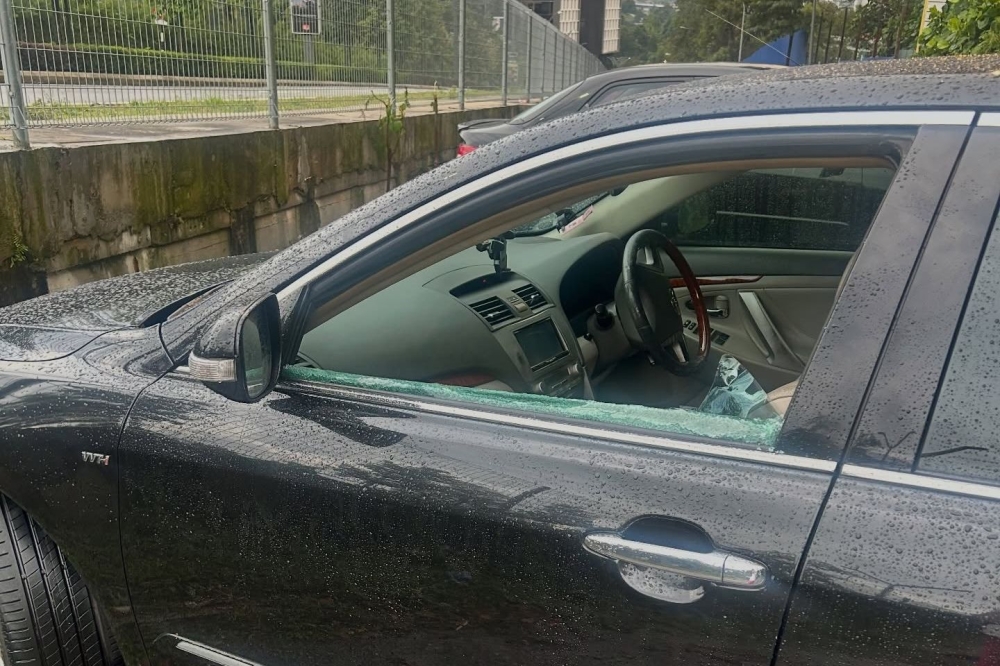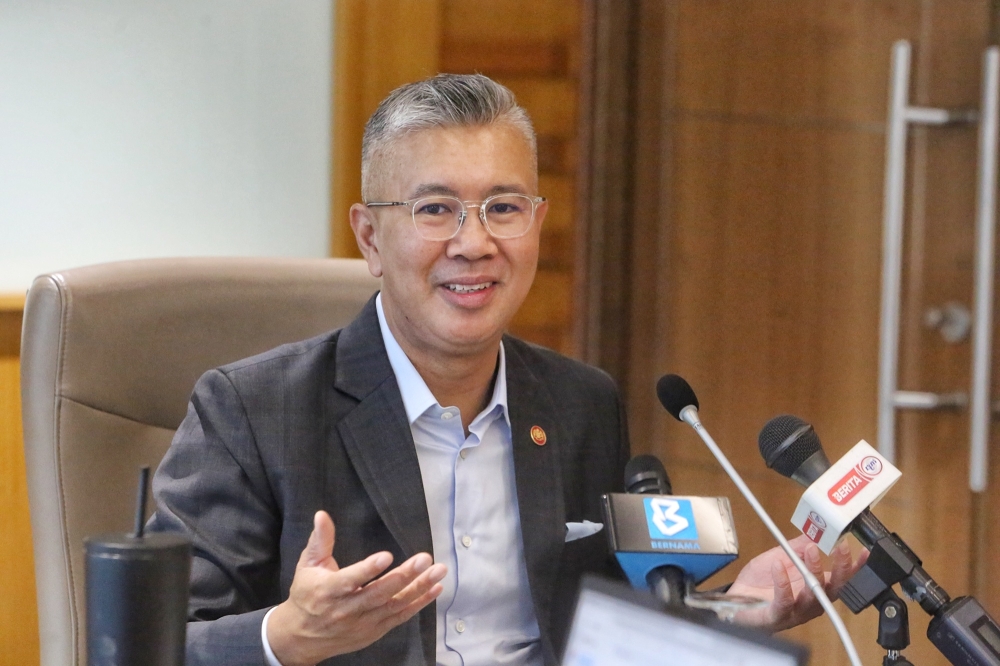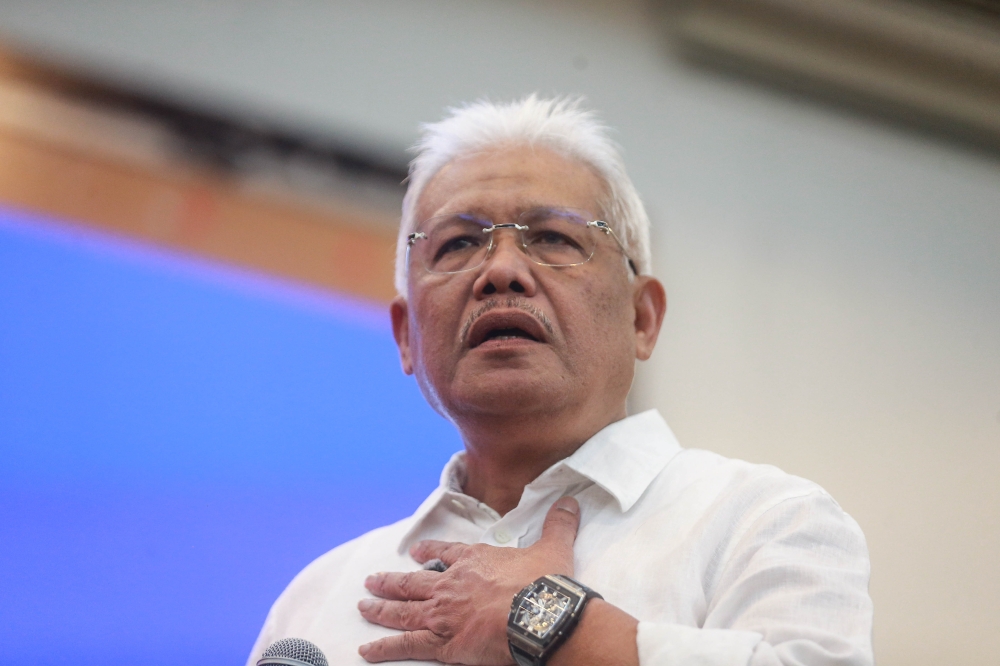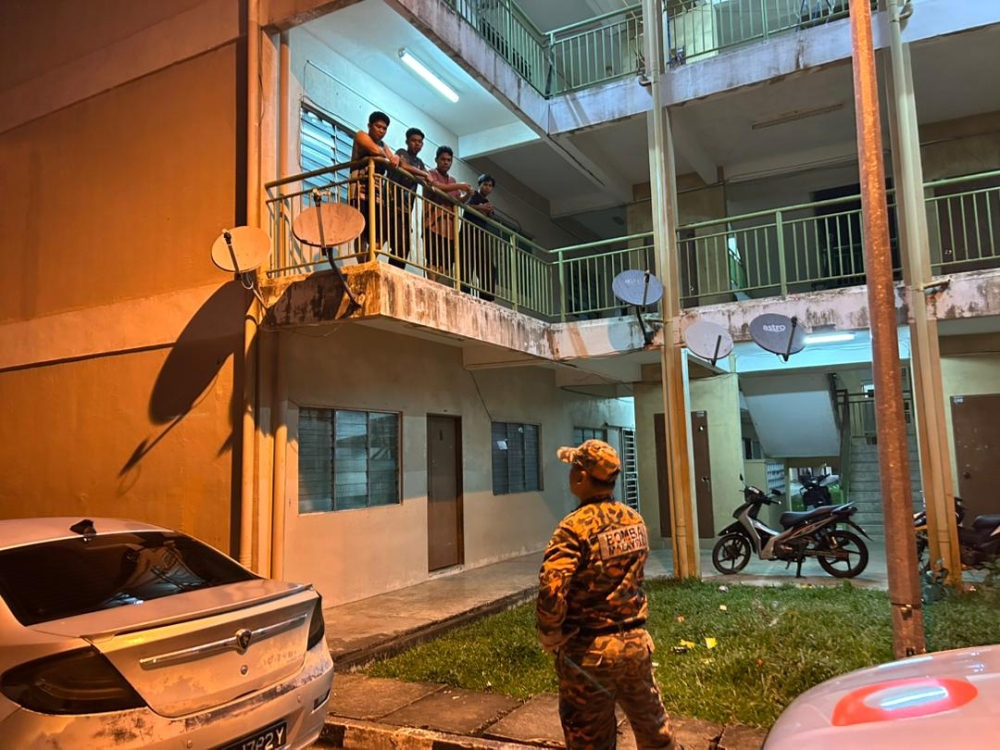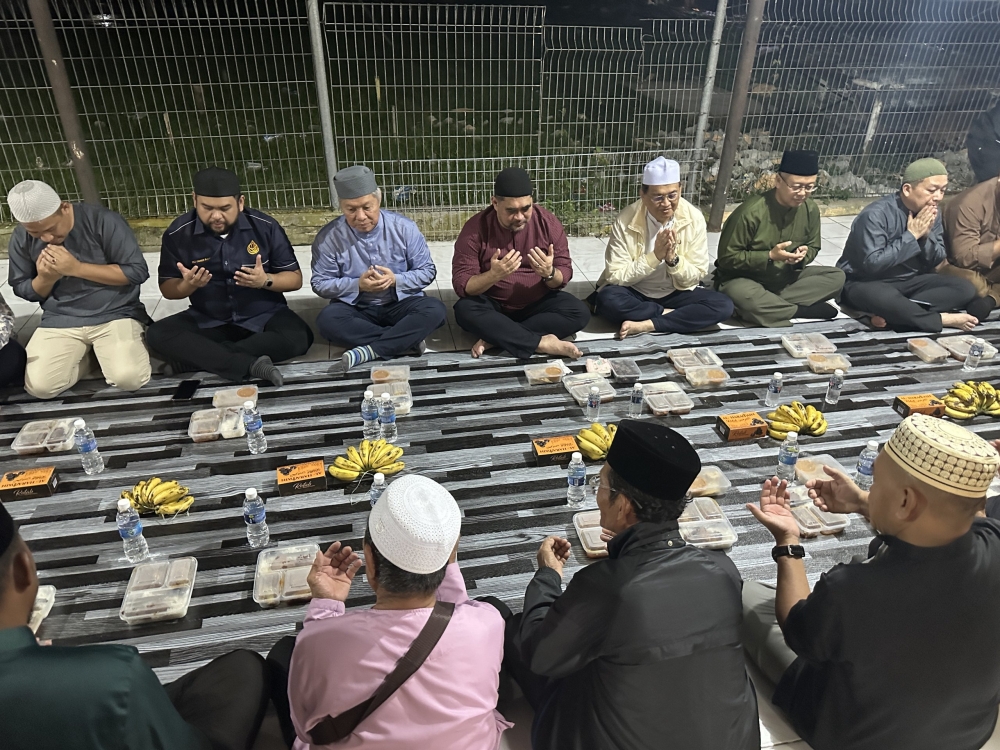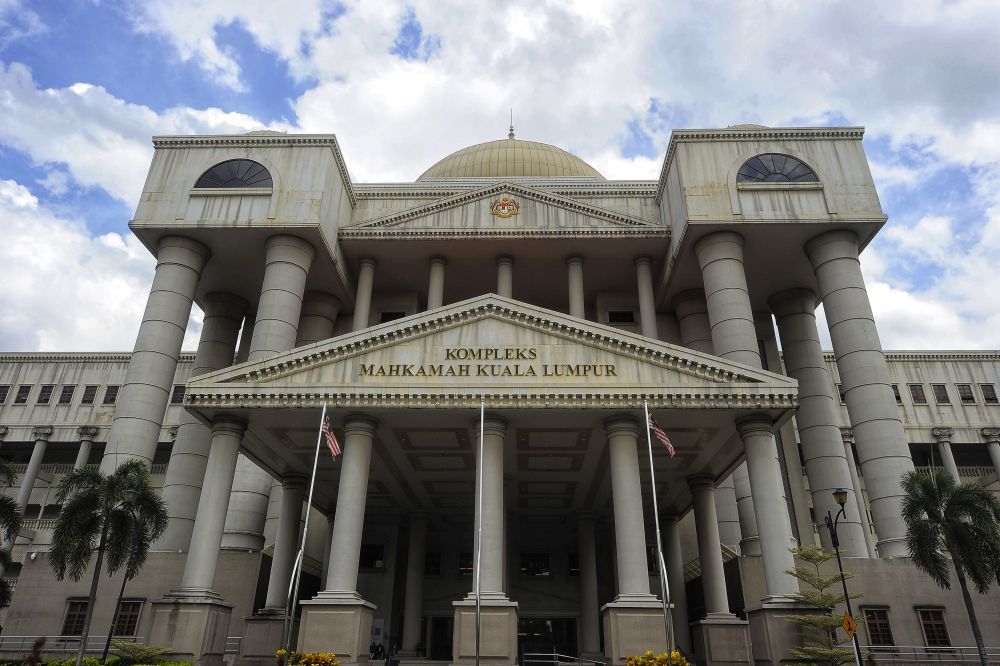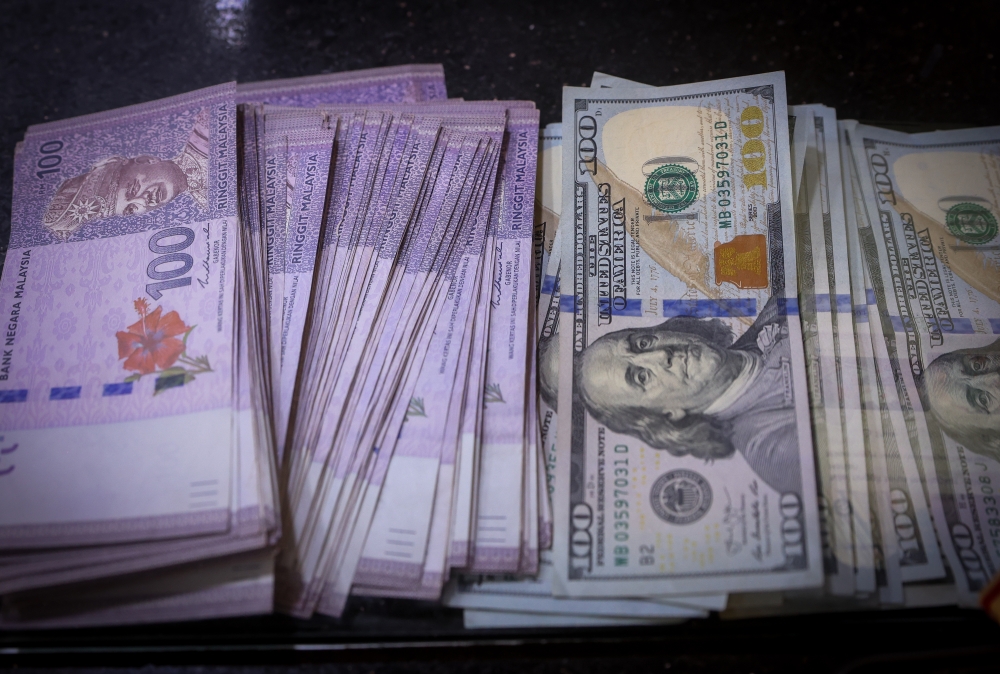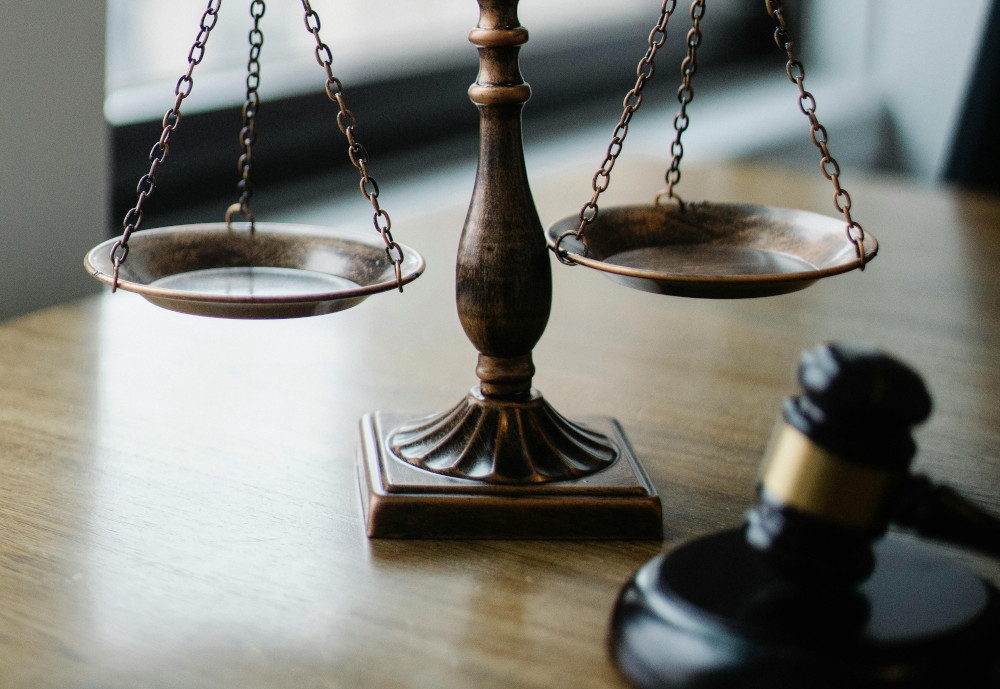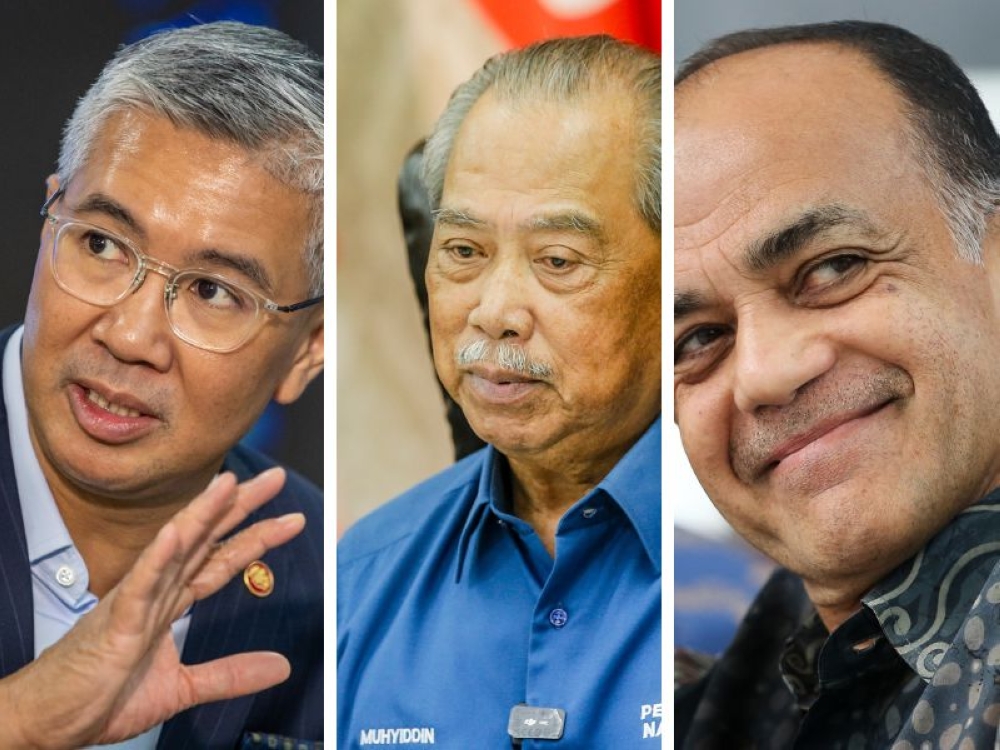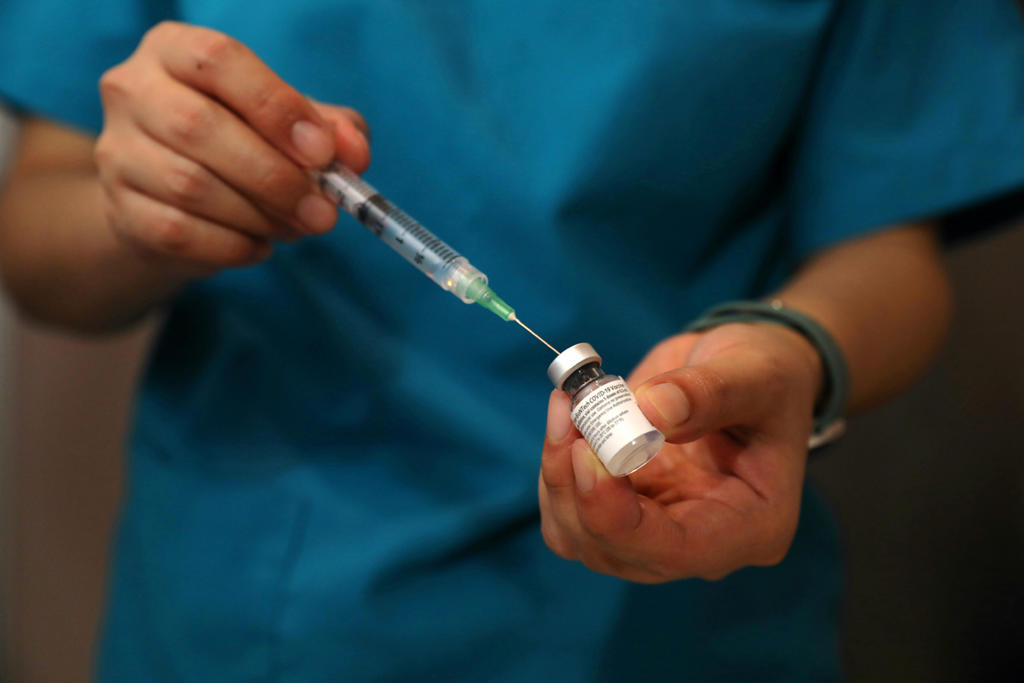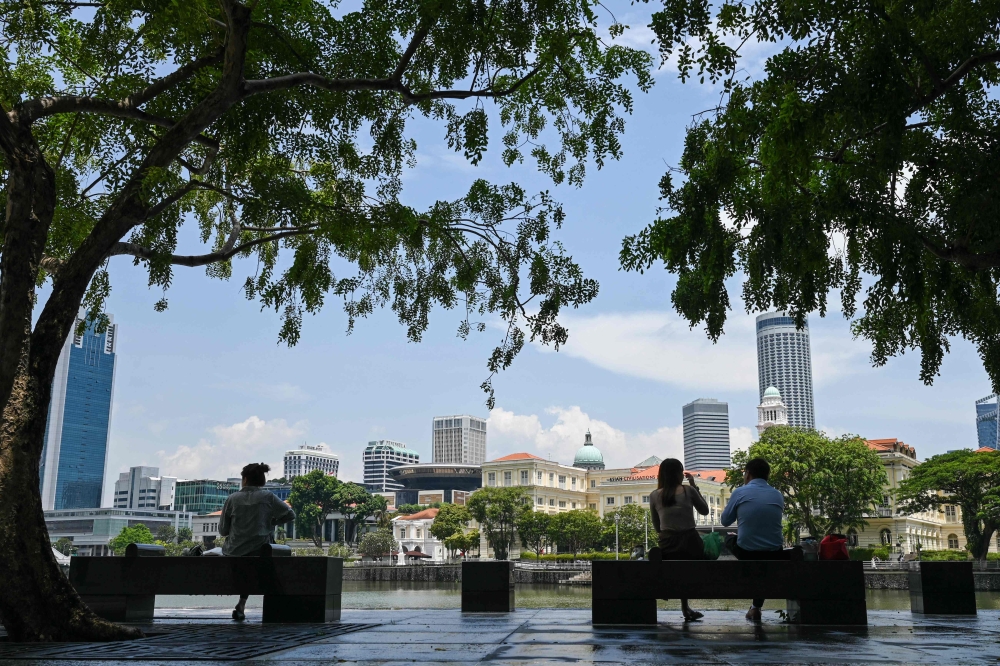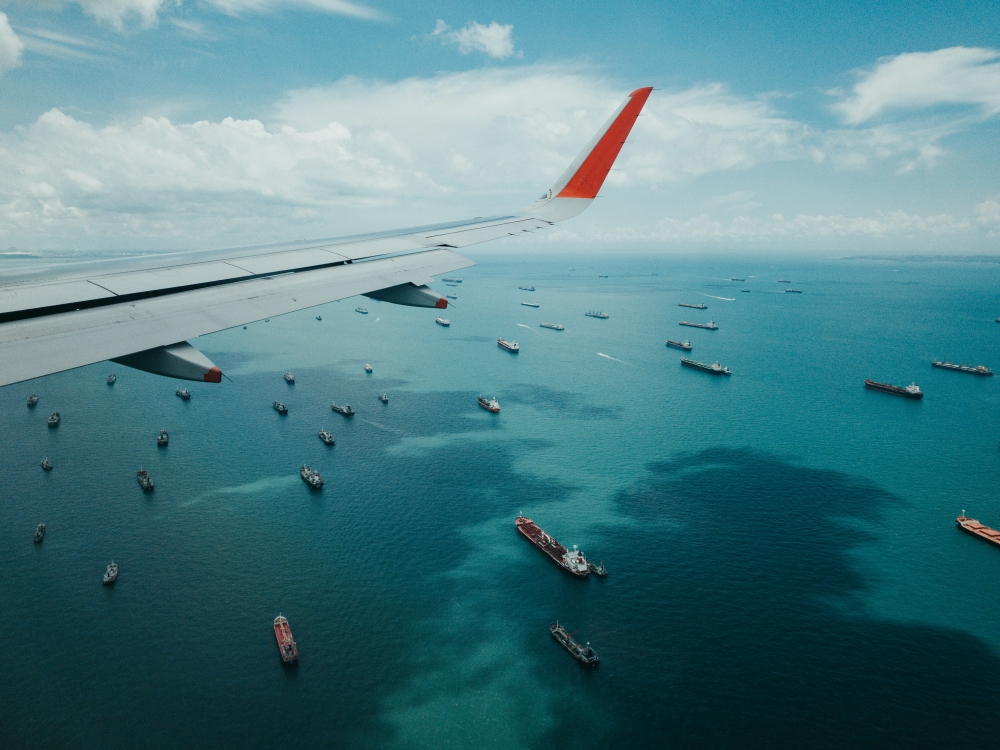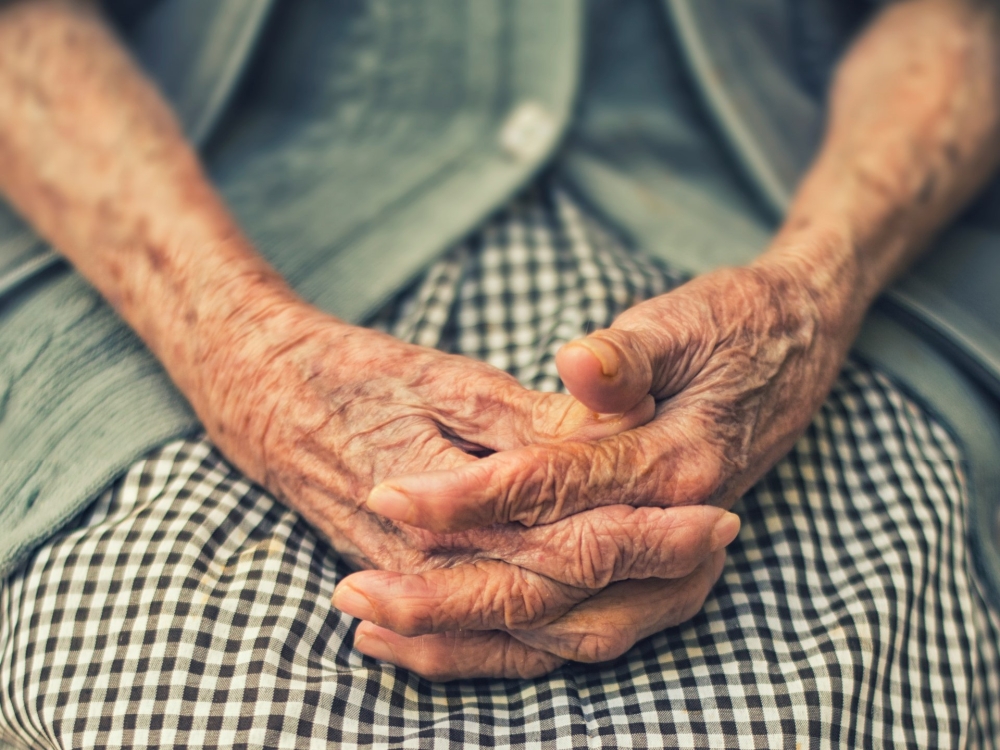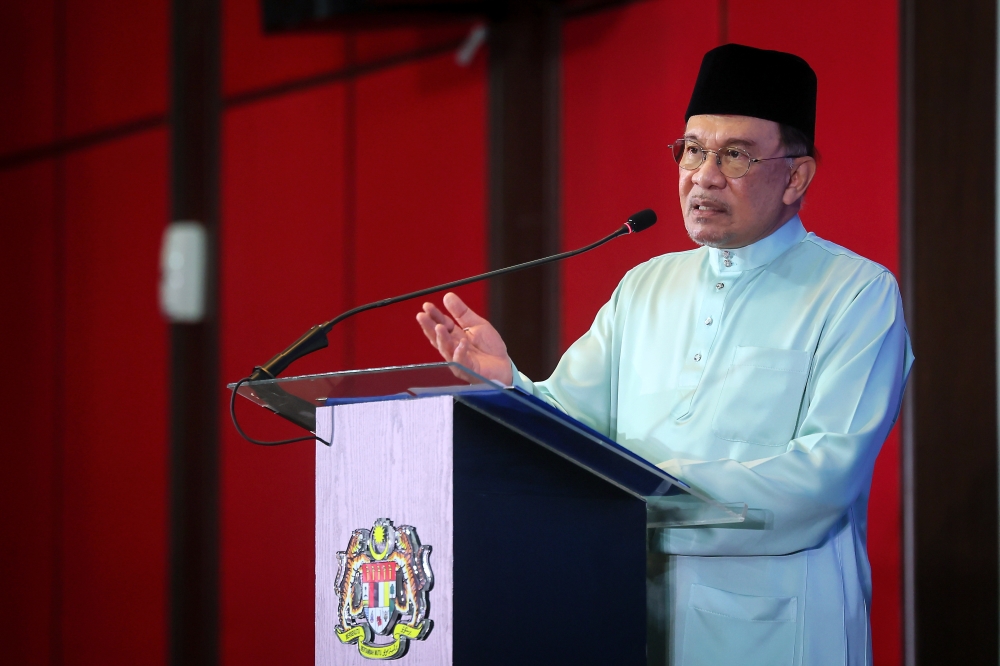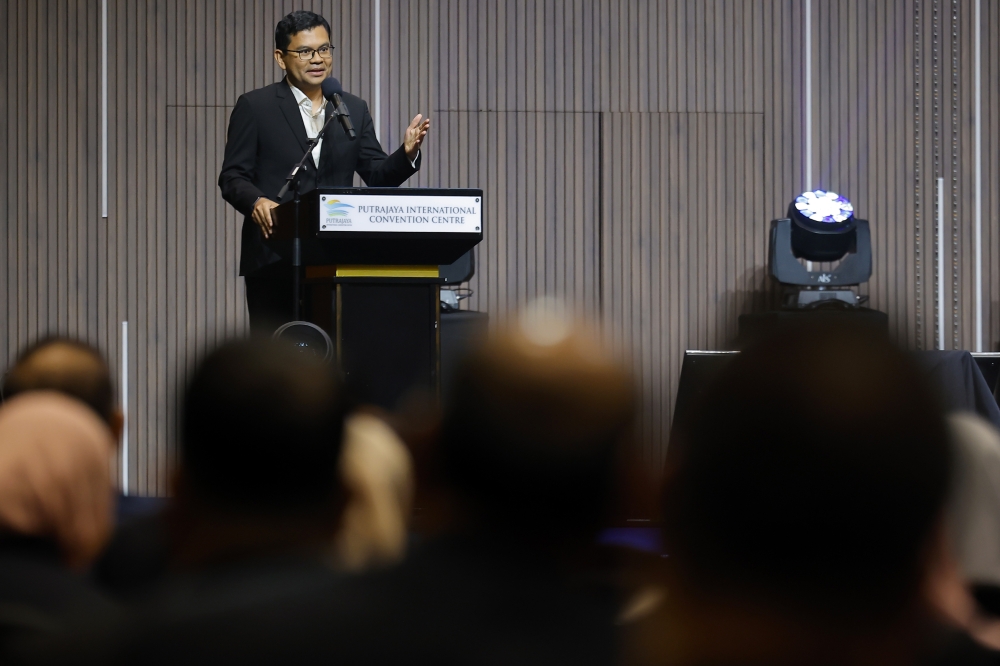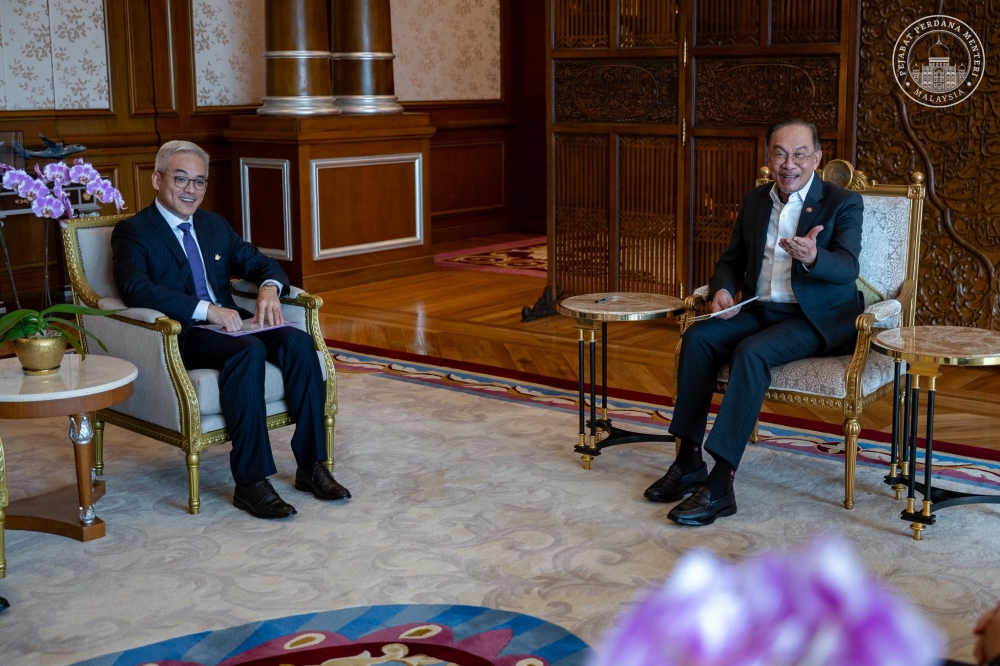SINGAPORE, Dec 14 — An individual’s fully vaccinated status will only be valid for a certain period, after which a booster shot will be required to maintain that status, said Health Minister Ong Ye Kung today.
The Ministry of Health (MOH) is currently consulting the expert committee on Covid-19 vaccination on the appropriate duration of this validity period before a person’s full vaccination status lapses, he added.
Speaking during a media conference by the Government Covid-19 taskforce, Ong urged residents to take booster shots as data has shown that the initial doses do not provide as much protection against the emerging Omicron variant.
While the taskforce said that there is no evidence yet of community transmission of the new variant, it will be a matter of time before Omicron clusters start to form in Singapore.
“With waning protection, full vaccination status cannot last perpetually,” said Ong.
“We need to treat Covid-19 primary vaccination as a three-dose regime,” he added, reiterating a point he made recently.
Currently, a person is considered fully vaccinated two weeks after he or she gets a second jab of either the Moderna or Pfizer-BionNTech Covid-19 vaccine.
Those who took the Sinovac or Sinopharm vaccine are considered fully vaccinated if they take three doses.
Explaining the reason for this policy change, Ong said that a study in the United Kingdom showed that Pfizer-BioNTech’s effectiveness against symptomatic infection of the Omicron variant was 90 per cent one month after the second dose.
It dropped to 50 per cent after three months and then 35 per cent after four months.
However, with a booster jab, the effectiveness jumps back up to 75 per cent two weeks later.
“That is why vaccination will continue to be central to our response,” said Ong.
“So take our boosters and our full vaccination status will be extended.”
This means that if a person does not take a booster short before the validity period expires, he or she will not be considered fully vaccinated and will not be able to dine in or participate in activities that are only open for fully vaccinated individuals.
Details of this new policy will be released at the end of this year or early next year, he added.
However, Ong said that a person’s full vaccination status will not lapse if he or she have not had a chance to get a booster shot.
This also applies to groups of people who are not eligible for a booster, including those aged 18 and below.
The Government recently announced that it will start vaccinating children aged five to 11 and extending boosters to young people aged 18 to 29.
Describing these as “significant moves”, Ong said that this means that in December 2021 and January 2021, Singapore will administer 2.1 million doses of vaccines.
This is 700,000 more doses than if the vaccination programme was not expanded and would mean that by the end of January 2022, about 54 per cent of Singapore’s population would be covered by booster shots.
The authorities will also reduce the monitoring time of those who have taken booster jabs from 30 minutes to 15, as data has shown that there is very low incidence of acute adverse reactions after the injections.
The move will expand Singapore’s booster delivery capacity, said Ong.
He also noted that there are currently 160,000 unvaccinated residents, including 40,000 seniors aged 60 and above who remain at high risk of falling very sick or dying if they are infected with Covid-19.
Besides stepping up vaccination and booster shots, the taskforce today also announced that it will be adjusting Singapore’s healthcare protocols, boosting healthcare capacity and tightening its safe management measures to counter the threat posed by the Omicron variant. — TODAY

